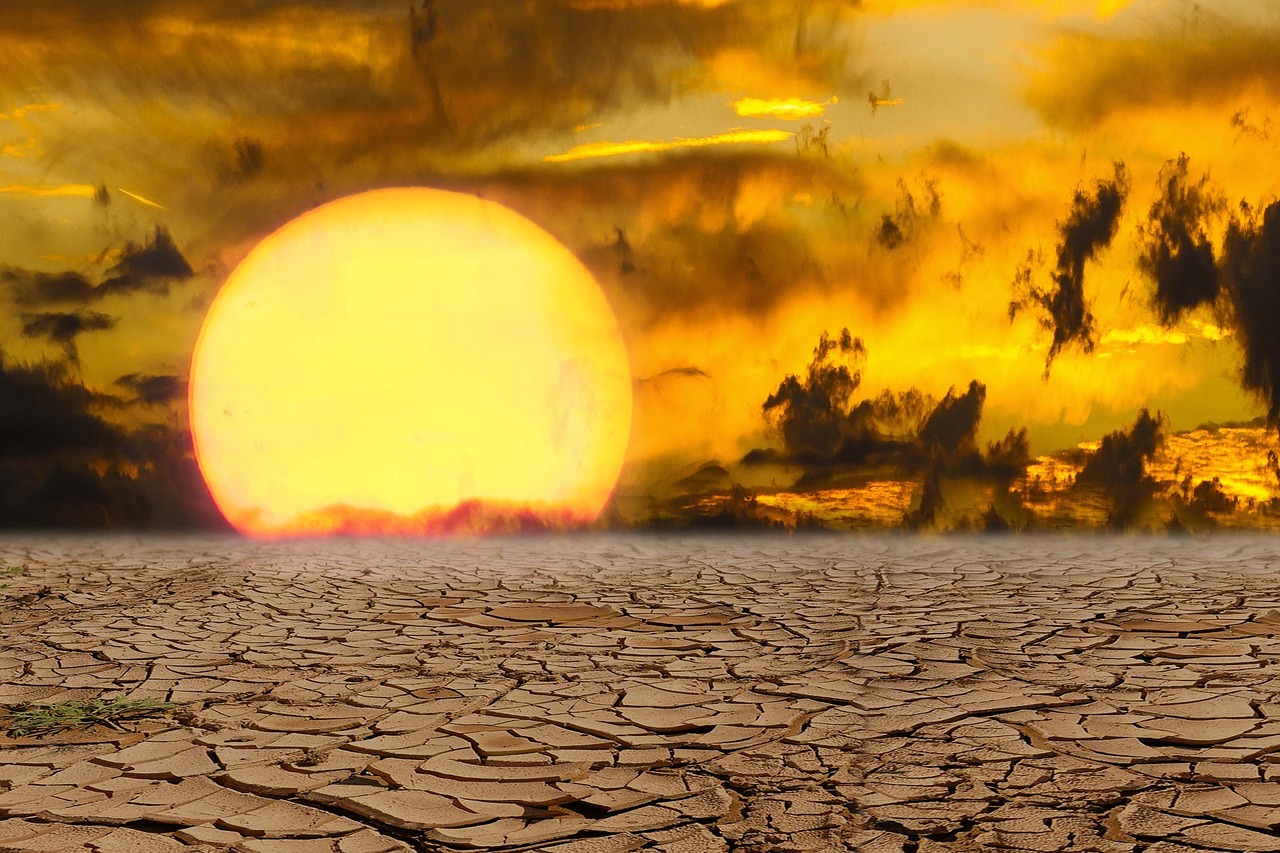How to Save Yourself from Heat Waves: Heat Wave Survival Tips
Extended durations of extreme heat are known as heat waves, which can be extremely dangerous to one’s health, especially for the elderly, young children, and anyone with pre-existing medical disorders. Understanding how to protect yourself and your loved ones from high heat is essential as climate change intensifies and increases the frequency of heat waves.
These are the most important safety measures to take during a heat wave.
1. Stay Hydrated
Hydration is important since, in a heat wave, perspiration causes your body to lose more fluids, which can result in dehydration. Heat exhaustion and heat stroke, two medical problems, can result from dehydration.
How to Stay Hydrated:
Drink Plenty of Water: Try to consume eight to ten glasses of water each day and up that amount if you’re exercising or spending time outside.
Avoid dehydrating drinks: Alcohol, caffeine, and sugar-filled drinks should be avoided as these might worsen dehydration.
Eat Foods High in Water: Include high-water fruits and vegetables in your diet, like oranges, cucumbers, and watermelon.
2. Keep Cool
Staying Cool at home:
Use Air Conditioning: If you have access to air conditioning, use it. If not, spend time in air-conditioned public places like malls, libraries, or cooling centers.
Fans and Ventilation: Use fans to circulate air. Placing a bowl of ice in front of a fan can create a cooling breeze.
Close Blinds and Curtains: Keep windows covered during the day to block out direct sunlight and reduce indoor temperatures.
Staying Cool outside:
Wear Lightweight Clothes: Choose airy, light-colored, loose-fitting apparel composed of natural fibers like cotton.
Seek Shade: During peak hours (10 a.m. to 4 p.m.), try to minimize direct sun exposure and spend as much time in the shade as you can.
Use Sunscreen: To prevent sunburn, slather on a broad-spectrum sunscreen with an SPF of 30 or higher.
3. Modify Your Activities
Adjust Your Routine:
Reduce Physical Activity: Avoid physically demanding activities when the weather is at its hottest. If you must exercise, try to do it when it’s cooler, such as early in the morning or late in the evening.
Take Regular Breaks: If you’re working outside, take regular breaks to rest and cool down in a cool, shaded spot.
Plan Indoor Activities: To reduce heat wave exposure, look for indoor activities that can replace outdoor ones.
4. Recognize and Respond to Heat-Related Illnesses
Heat Exhaustion Symptoms:
Heavy sweating
Weakness or fatigue
Dizziness or fainting
Nausea or vomiting
Muscle cramps
Heat Stroke Symptoms:
High body temperature (104°F or higher)
Altered mental state or confusion
Rapid, strong pulse
Hot, dry skin (no sweating)
Unconsciousness
Immediate Actions:
Go to a Cooler Spot: Get to a shaded or air-conditioned space if you or someone else is exhibiting signs of heat waves exhaustion or heat stroke.
Hydrate: To restore fluid and electrolyte balance, sip of cool water or sports drinks.
Cool down by using cool, damp cloths, having a cool shower, or massaging your neck, armpits, and groin area using ice packs.
Seek Medical Attention: Heat stroke can be fatal, so contact emergency services at once.
5. Look Out for Others
Check on Vulnerable Populations:
Elderly Neighbors and Relatives: Ensure they have access to cool environments and are staying hydrated.
Children: Never leave children in parked cars, as temperatures can rise rapidly to dangerous levels.
Pets: Provide plenty of water and ensure they have a cool, shaded place to rest.
6. Prepare Your Home
Home Preparation Tips:
Install Air Conditioners: Ensure your air conditioning units are in good working order before the heat waves start.
Insulate Windows and Doors: Use weather stripping and caulking to keep cool air in and hot air out.
Create a Cooling Kit: Have a kit with fans, cooling towels, and extra water bottles ready.
7. Stay Informed About Heat Waves
Monitor Weather Reports:
Stay Updated: Pay attention to local heat wave advisories and weather forecasts.
Register for Notifications: To stay current on heat wave conditions and advised actions, sign up for local authorities’ emergency notifications.
According to these recommendations, you may greatly lower your chance of contracting heat-related illnesses and be safe during heat waves. Always remember that prevention is vital; therefore be proactive in shielding those close to you from intense heat waves.




